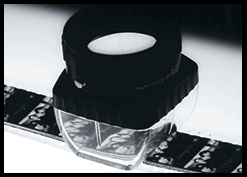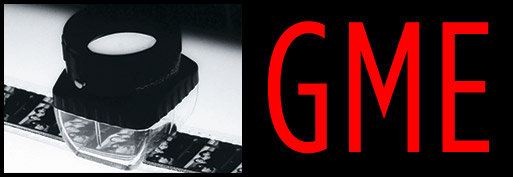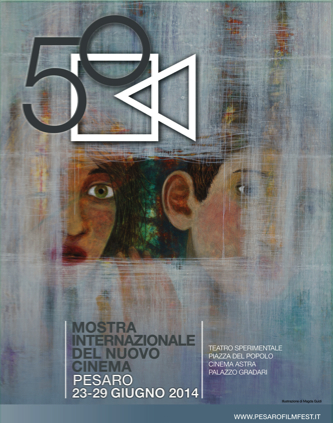Two of Warren Sonbert's films, Amphetamine and Where Did Our Love Go? will be shown in the retrospective "New York Underground" organized by Documentaire sur grand écran, as part of a tribute to Bleecker Street Cinema. Both films are screening in Paris at the Filmothèque du Quartier Latin on Saturday evening, November 23.

Beginning at age 15, Warren Sonbert, a Brooklyn native, regularly attended screenings at the Bleecker Street cinema. He became friendly with the management, and, in 1965, at age 16 (!) he served as Editor-in-Chief of a special edition of New York Film Bulletin on Jean-Luc Godard. This magazine was regularly edited in the basement of the Bleecker Street Cinema, and this issue (number forty-six) already reveals Sonbert's precocious genius and deep appreciation of the voice of the cinematic auteur, as revealed in his one-on-one interview with Godard:
"WS: In Truffaut's La Peau Douce various banal objects (telephones, lights, shoes) play a significant role. Is there any similarity in the continual presence of spherical objects and motions in Bande a Part?
J-LG: No, all that was accidental. But you know, now that I think of it, what you said about round objects often seen in Bande a Part: the last shot is of the world which is round, you know - so maybe you're right."
 AMPHETAMINE (1966)
AMPHETAMINE (1966)
In February 1966, as a filmmaking student at New York University, Sonbert shot his first film (with Wendy Appel), entitled Amphetamine, about which he wrote, "First film, heavily influenced by Godard and Warhol - designed to shock". His next movie, Where Did Our Love Go?, is, according to film critic James Stoller, "both a valentine and a farewell to a generation".
 WHERE DID OUR LOVE GO? (1966)
WHERE DID OUR LOVE GO? (1966)
Warren Sonbert subsequently showed his films at Bleecker Street cinema. Where Did Our Love Go? contains the only known footage of the interior of this movie theater during the period that it was founded and owned by Lionel Rogosin. Before he turned 21, Sonbert also secured a complete retrospective showing of his films at The Film-Makers' Cinematheque; the film critic for Variety wrote:
"Probably not since Andy Warhol's 'The Chelsea Girls' had its first showing at the Cinematheque...almost a year and a half ago has an 'underground' film event caused as much curiosity and interest in N.Y's non-underground world as did four days of showings of the complete films of Warren Sonbert at the Cinematheque's new location on Wooster St. last weekend (Thurs. - Sun. Jan 25-28). And as before, the crowds (many turned away each night) were attributed to press reports."
For a trailer of the "New York Underground" retrospective,
For full program information, click here.
For more information about Warren Sonbert &
an international touring retrospective of his films, click here,
or contact: info@gartenbergmedia.com.


















